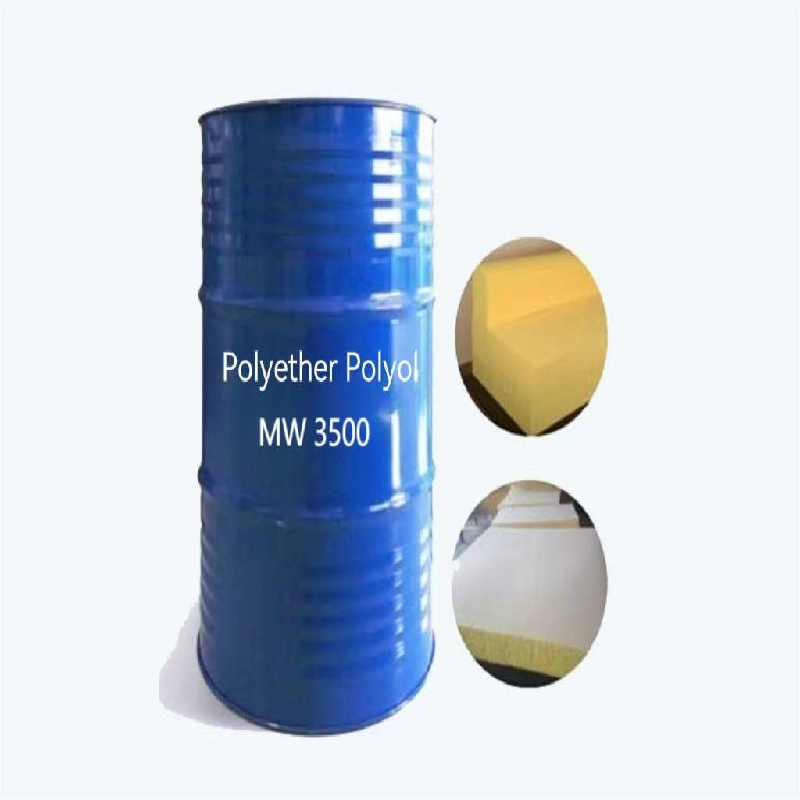-
Categories
-
Pharmaceutical Intermediates
-
Active Pharmaceutical Ingredients
-
Food Additives
- Industrial Coatings
- Agrochemicals
- Dyes and Pigments
- Surfactant
- Flavors and Fragrances
- Chemical Reagents
- Catalyst and Auxiliary
- Natural Products
- Inorganic Chemistry
-
Organic Chemistry
-
Biochemical Engineering
- Analytical Chemistry
- Cosmetic Ingredient
-
Pharmaceutical Intermediates
Promotion
ECHEMI Mall
Wholesale
Weekly Price
Exhibition
News
-
Trade Service
Taiwan's Inventec Group is optimistic about market conditions and local policy support, and plans to further expand the production capacity of its battery factories Inventec and Yitong, with a total battery production capacity target of 2.
5GW.
Instable and Inbrostar formally merged with Inmauda last year, combining each other's 950MW cell capacity and 300MW module capacity; Informata has expanded its battery production capacity to 1,050MW in the first quarter of this year, and is expected to expand to 1,350MW
in the third quarter.
Xie Ruihai, general manager of Inventa, pointed out that Inventa and Yitong, another battery factory under Inventec, have expansion plans, and are expected to increase their capital by NT$2 billion in 2016, expanding production to 1.
6GW and 600~700MW respectively, and the group's total battery production capacity will reach 2.
5GW, ranking among the first-tier factories
in Taiwan.
In the first quarter of this year, Inventa got rid of consecutive losses and successfully turned profitable; Revenue was slightly under pressure
in the second quarter due to lower demand in the international market.
Looking forward to the whole year of 2016, Inventec's estimated revenue can still reach NT$20 billion, with an annual growth rate of 67%; In 2017, Inventa will expand its plant in Taoyuan Daxi, with a consolidated solar energy revenue target of 27 billion yuan; In 2018, it will challenge the 30 billion yuan mark
.
Xie Ruihai has called on the government to strengthen support for the new energy industry, stimulate domestic demand by promoting large-scale power stations, and drive the development of
Taiwan's solar industry.
He pointed out that the largest source of cost for solar power plants in Taiwan is land, followed by capital; If land restrictions can be eased and investment regulations improved, there are still many opportunities
for the local solar industry.
Taiwan's Inventec Group is optimistic about market conditions and local policy support, and plans to further expand the production capacity of its battery factories Inventec and Yitong, with a total battery production capacity target of 2.
5GW.
Instable and Inbrostar formally merged with Inmauda last year, combining each other's 950MW cell capacity and 300MW module capacity; Informata has expanded its battery production capacity to 1,050MW in the first quarter of this year, and is expected to expand to 1,350MW
in the third quarter.
Xie Ruihai, general manager of Inventa, pointed out that Inventa and Yitong, another battery factory under Inventec, have expansion plans, and are expected to increase their capital by NT$2 billion in 2016, expanding production to 1.
6GW and 600~700MW respectively, and the group's total battery production capacity will reach 2.
5GW, ranking among the first-tier factories
in Taiwan.
In the first quarter of this year, Inventa got rid of consecutive losses and successfully turned profitable; Revenue was slightly under pressure
in the second quarter due to lower demand in the international market.
Looking forward to the whole year of 2016, Inventec's estimated revenue can still reach NT$20 billion, with an annual growth rate of 67%; In 2017, Inventa will expand its plant in Taoyuan Daxi, with a consolidated solar energy revenue target of 27 billion yuan; In 2018, it will challenge the 30 billion yuan mark
.
Xie Ruihai has called on the government to strengthen support for the new energy industry, stimulate domestic demand by promoting large-scale power stations, and drive the development of
Taiwan's solar industry.
He pointed out that the largest source of cost for solar power plants in Taiwan is land, followed by capital; If land restrictions can be eased and investment regulations improved, there are still many opportunities
for the local solar industry.






